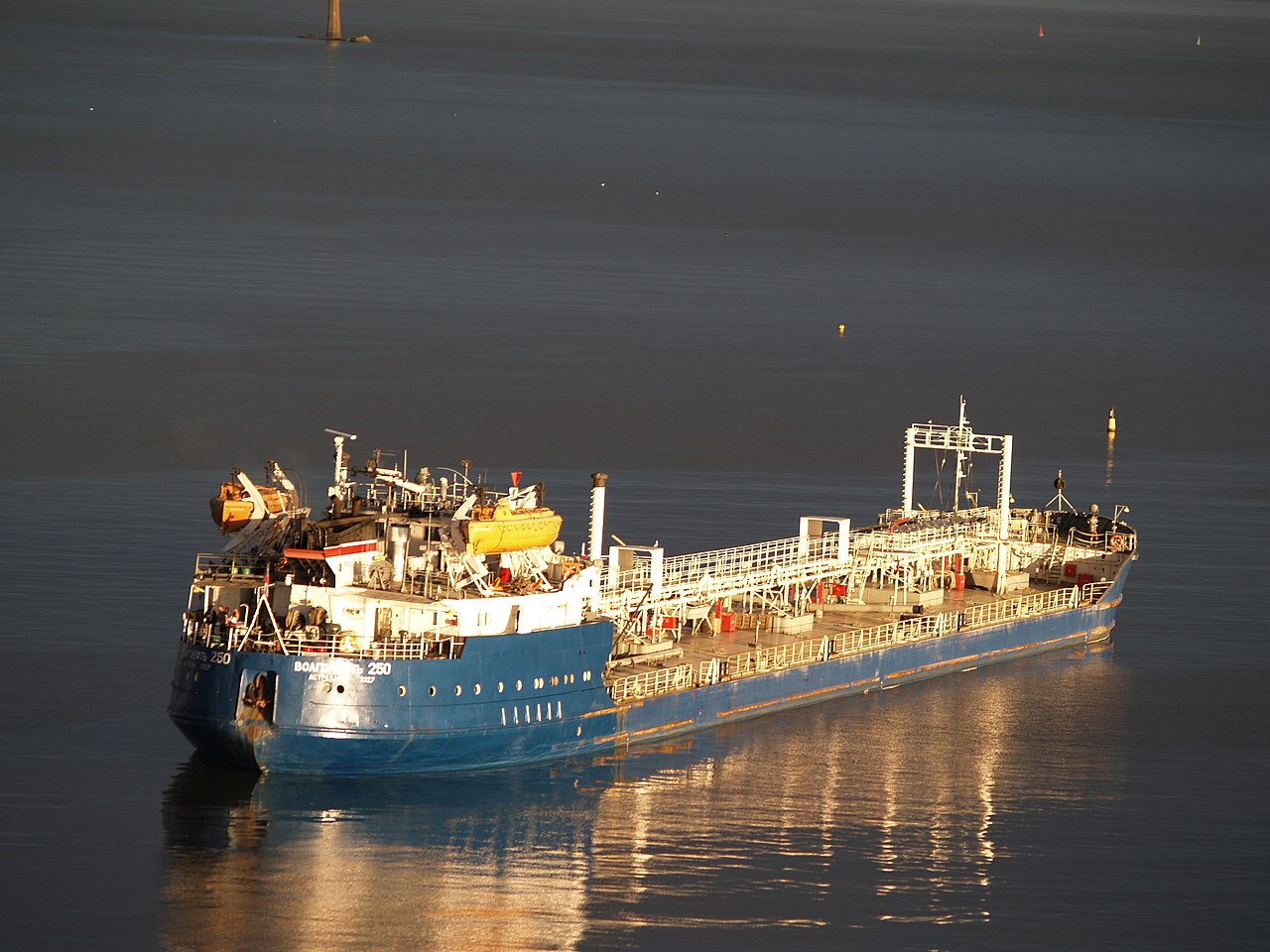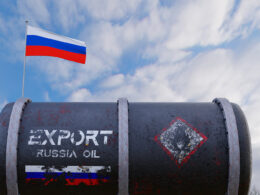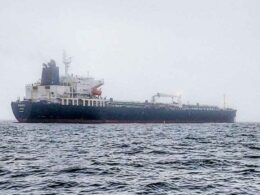The tanker Eventin that was adrift with 99,000 tons of oil off the German island of Rügen has been towed to a German port. The ship is associated with the so-called ''shadow fleet'', which carries Russian oil in violation of international sanctions.
The Eventin was en route from the Russian port city of Ust-Luga to Port Said in Egypt, according to publicly available data. On Friday 10 January, the engine failed for unknown reasons on the Baltic Sea, after which the Panamanian-flagged vessel drifted adrift.
The ship was towed to the German port of Sassnitz on Rügen, where it is being held in place by two tugs about five kilometers off the coast. According to German marine emergency organization CCME, it will remain there until there is a plan for follow-up action. CCME says the ship is not leaking and poses no risk to the surrounding area or the environment.
Russia has not yet responded to the ship incident. German Foreign Minister Annalena Baerbock on 10 January accused Russia of endangering European security “with the reckless deployment of a fleet of rusty tankers.” Greenpeace also says this ship is part of Russia's shadow fleet.
Following Russia's unprovoked invasion of Ukraine, the European Union, G7, and allied partners imposed sanctions targeting Russia's economy, in particular the oil sector, in an effort to curb the Kremlin's revenues which finance its war effort. Key measures include an embargo on Russian seaborne oil imports and a price cap on oil and oil products that restricts profits while still allowing sales below a certain price.
Enforcement mechanisms prevent Russia from chartering or insuring oil tankers unless they comply with these limits. In response, Russia has sought new markets and established a ''shadow fleet'' to evade these restrictions.
Related:
- YLE: Dubai firms own 55 vessels in Russian shadow fleet
- US, UK block Russia’s oil giants in largest-ever energy sanctions package, target shadow fleet
- Reuters: US plans new sanctions on Russia’s “shadow fleet”
- UK announces new sanctions against Russia and £35 million of emergency support for Ukraine
- Bloomberg: US considers new Russia oil sanctions to weaken Putin ahead of Trump presidency




